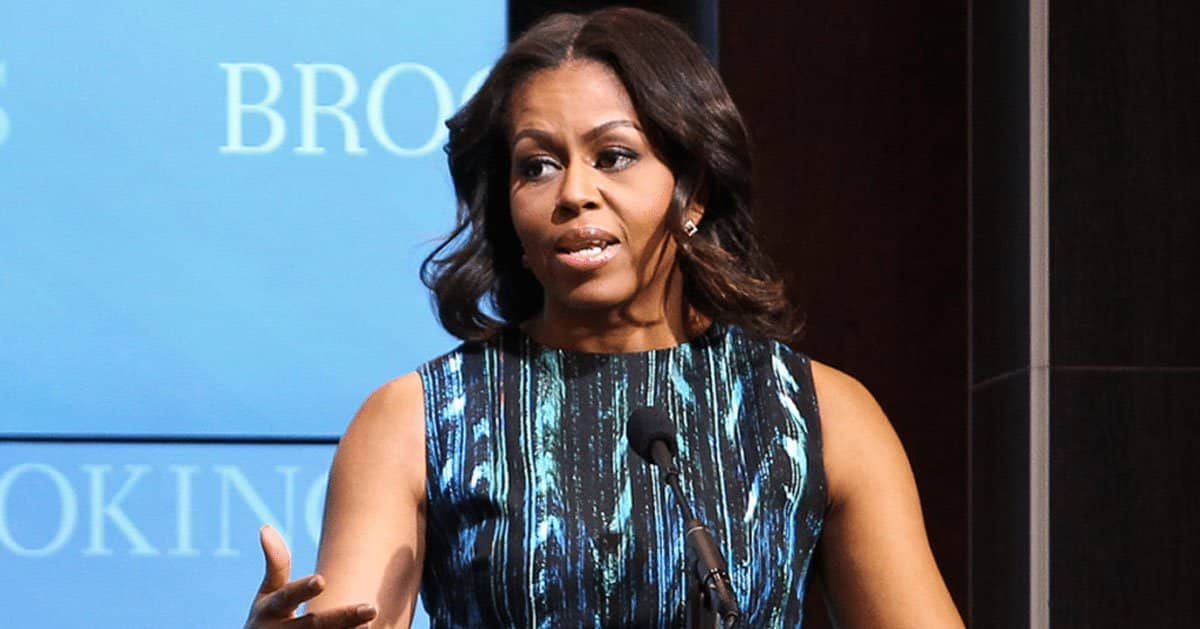







In Johnstown, Pennsylvania, former President Donald Trump launched a scathing attack on Vice President Kamala Harris, using explicit language despite earlier advice from Melania Trump and Reverend Franklin Graham to refrain from such language.
The Independent reported that at a recent rally in Johnstown, Donald Trump diverged from the counsel he received from his wife, Melania Trump, and close ally, Reverend Franklin Graham. Both had advised him to avoid foul language in his public addresses.
Despite this, Trump chose to use harsh words to emphasize his points about the Vice President's record.
Melania Trump and Reverend Graham's advice came after noticing a pattern in Trump's speeches that could potentially alienate some segments of his audience. Reverend Graham even penned a letter to Trump, expressing admiration for his rallies but concern over his language.
Trump acknowledged their advice during his speech but argued that strong language was necessary to adequately express his views on Harris's political impact. He stated, "There’s some words that can’t be duplicated. They can’t. I try, but it can’t be duplicated."
During his speech, Trump highlighted instances where he believed Harris's political influence had been detrimental, using the vice president as an example to justify his choice of words. "Every single place she’s touched. I have to say it. Every place she’s touched, you know?" he said.
This rhetoric followed a letter from Graham, where he specifically asked Trump to avoid such language, suggesting that his messages could be equally effective without it. "Your speeches would be even better if you didn’t use foul language," Graham wrote.
Despite the advice, Trump continued to use explicit language, indicating a reluctance to fully embrace the guidance he was given. He explained his decision by questioning the impact of softer language, suggesting it wouldn’t convey his strong feelings effectively.
The issue of language in political speech has become a focal point in this year’s election cycle. Notably, Vice President Kamala Harris herself faced backlash for using explicit language during a summit in May, although she later issued an apology.
Trump’s speech in Johnstown not only reiterated his aggressive campaign style but also reflected a broader trend of using strong language in political discourse. His references to Harris’s political career were aimed at highlighting what he perceives as failures, using language that he feels underscores his points forcefully.
This trend of explicit language has sparked discussions about the tone and decorum expected of public figures, especially those seeking or holding high office. Both Trump and Harris have contributed to this ongoing debate through their words and actions.
Trump’s decision to use explicit language, despite advice to the contrary, has elicited mixed reactions from the public and political commentators.
Some argue that such language detracts from the substance of his arguments, while others believe it resonates with certain segments of his base.
The former president’s speech highlights a dilemma faced by public figures: balancing the impact of their words with the expectations of decorum in political speech.
His acknowledgment of the advice from Melania Trump and Reverend Graham shows an awareness of the controversy surrounding his choice of words, yet his ultimate decision reflects his personal style of communication.
This episode underscores the ongoing debate over the role of language in political communication, with figures like Trump continuing to push the boundaries of what is considered acceptable discourse in the political arena.



